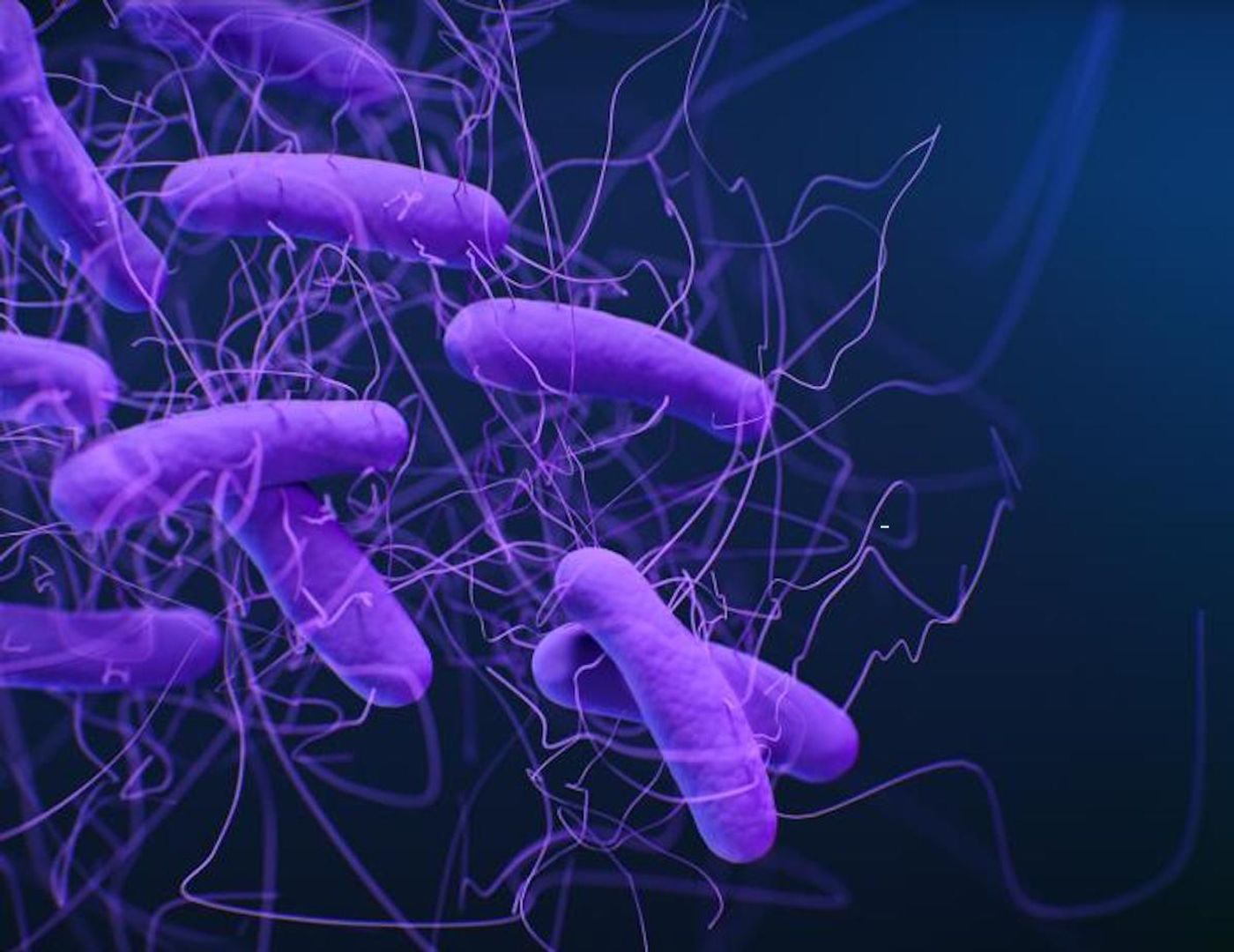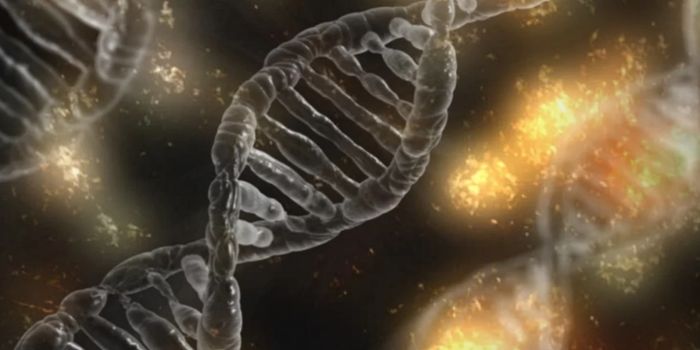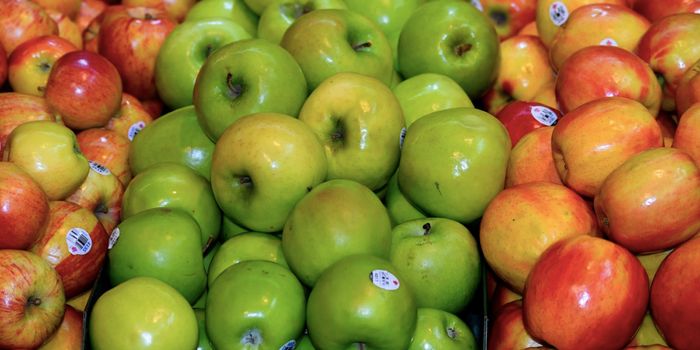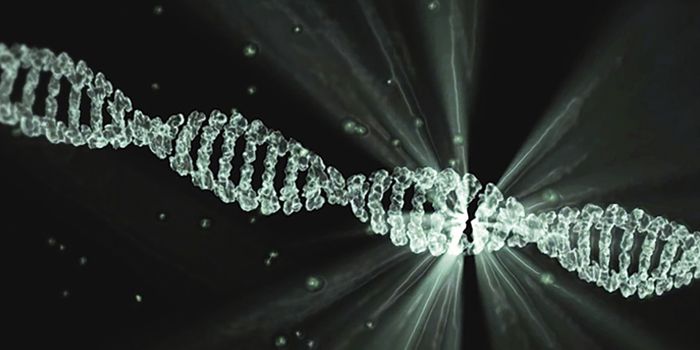This Genetically Diverse Superbug Can Also Jump Species
Two new studies have revealed more about a bacterial pathogen that can infect the gut, Clostridium difficile. There are many strains of C. diff, some of which crank out toxic chemicals that damage gut cells. Two new studies have investigated the genetics and spread of some of those strains. Scientists have found evidence that C. diff is a zoonotic microbe - it can spread between pigs and humans. In another study, researchers did a deep dive into the genetics and evolution of various C. diff strains to identify 176 genetically distinct groups from 451 samples.
While C. diff is typically associated with infections that are acquired in a hospital, the number of C. diff infections has been on the rise. The infection causes diarrhea and intestinal inflammation, and it often occurs after antibiotic treatment. That treatment can eliminate many good microbes along with dangerous ones, and a lack of healthy bacteria creates an opportunity for dangerous pathogens to grow in the gut.
One type of C. diff (ribotype 078; RT078) is especially deadly, and farm animals can harbor the microbe. When samples from 514 pigs housed at 14 Dutch farms were surveyed, C. diff was found using genetic methods in 54 samples. Thirteen genetic sequences from those samples matched those taken from the stool of C. diff patients.
The researchers also found toxin genes in all of the C. diff isolates obtained from animals. Ten of isolates were hypervirulent and can cause more serious disease. There was at least one antibiotic-resistance gene in 38 isolates.
“The overuse of antibiotics in human medicine and as cheap production tools on farms is undoing our ability to cure bacterial infections”, said researcher Dr. Semeh Bejaoui of the University of Copenhagen.
The pathogens were also found to harbor many genes that confer resistance to aminoglycosides, even though C. diff doesn't need them because it's naturally resistant to those drugs. Bejaoui noted that C. diff is helping to spread those resistance genes to other microbes that are susceptible to the drugs.
The researchers also acknowledged that this work, reported at The European Congress of Clinical Microbiology & Infectious Diseases 2022 has not confirmed conclusively that the pathogen moved from animals to humans; we can't know the direction of transmission for certain until additional phylogenetic analysis occurs, noted Bejaoui. The transmission "could also be bidirectional, with the bacteria being continuously exchanged and expanded in the community and farms.”
In another study reported in the Proceedings of the National Academy of Sciences (PNAS), scientists constructed a pangenome representing all known strains of C. diff. All strains carry a core set of about 2,900 gene clusters, while another 7,025 were found in some strains but not others, and were considered accessory gene clusters.
The researchers tested different growth methods, and found 26 growth profiles for 35 strains that represented the whole set.
"By interpreting strains of C. difficile in a population context, we were able to bring to light pertinent strain features regarding nutrient niche, virulence factors, and antimicrobial resistance determinants that might have otherwise gone undetected," said the first author of the PNAS study, Charles J. Norsigian, Ph.D., a data scientist in the Systems Biology Research Group.
Sources: University of California - San Diego, European Society of Clinical Microbiology and Infectious Diseases, PNAS









